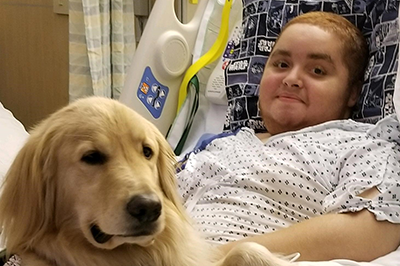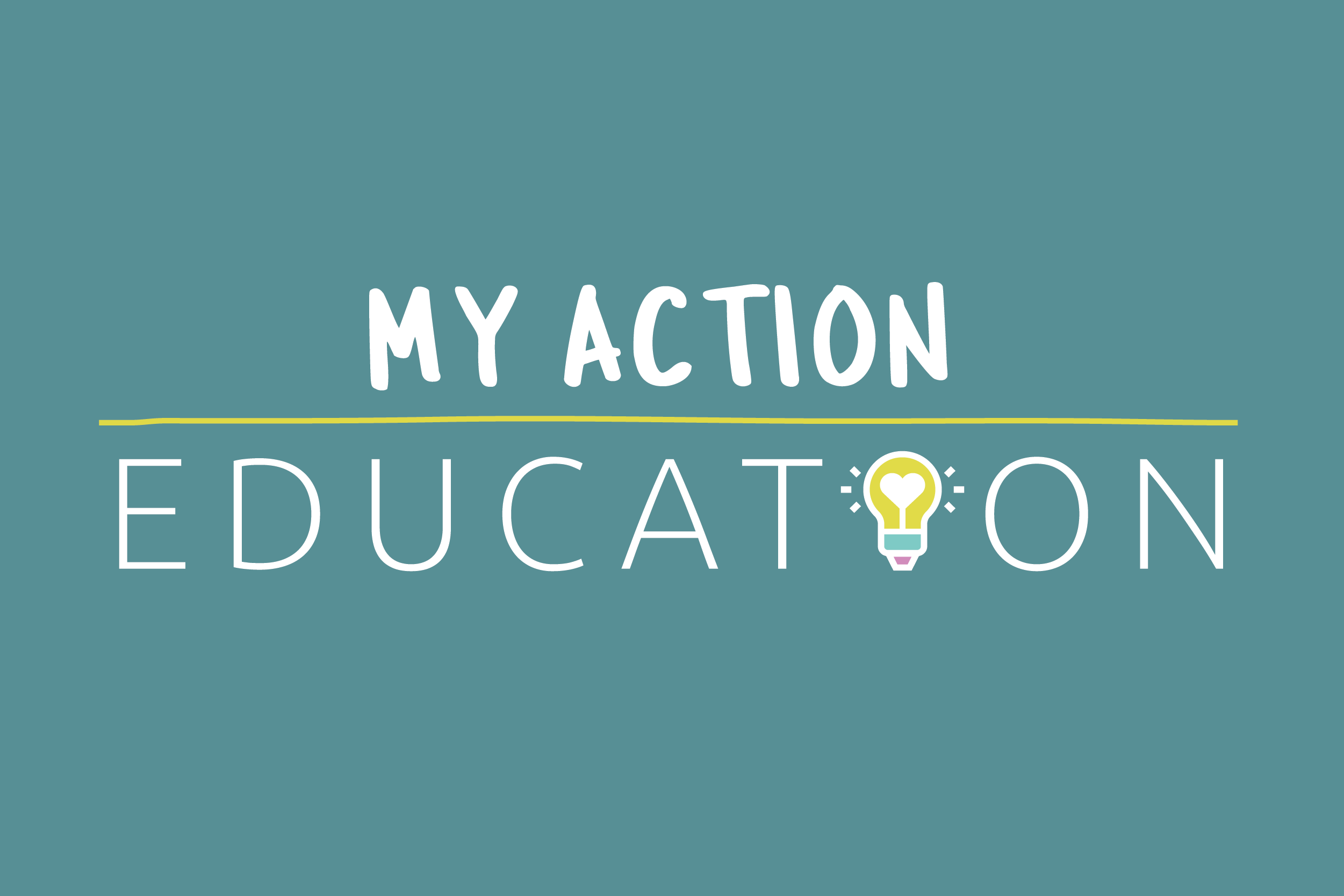What is it?
MD is a hereditary condition that cause gradual weakening and loss of muscle mass. The weakening of the heart leads to respiratory insufficiency and cardiomyopathy.
Who does it affect?
Muscular dystrophy can occur in all ages, sexes, and races. The most common forms of MD are called Duchenne Muscular Dystrophy (DMD) and Becker Muscular Dystrophy (BMD); both of these primarily affect young males.
How is ACTION helping?
We bring healthcare experts, patients, caregivers, researchers, and industry members to work together to better understand Muscular Dystrophy related to Cardiac Care.
We are establishing and expanding our database to learn from all dystrophinopathy patients. These findings will inspire our data-informed projects to harmonize cardiac care, educate patients, caregivers, and providers and to ultimately improve MD patient outcomes.
Who is ACTION working with on this?
The Muscular Dystrophy initiative within ACTION is supported by Parent Project Muscular Dystrophy (PPMD).


